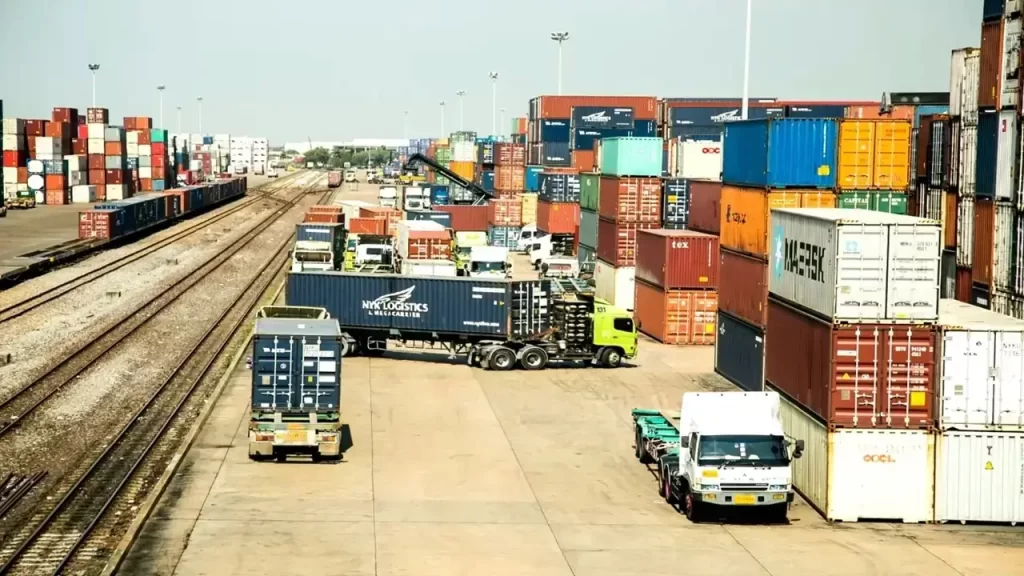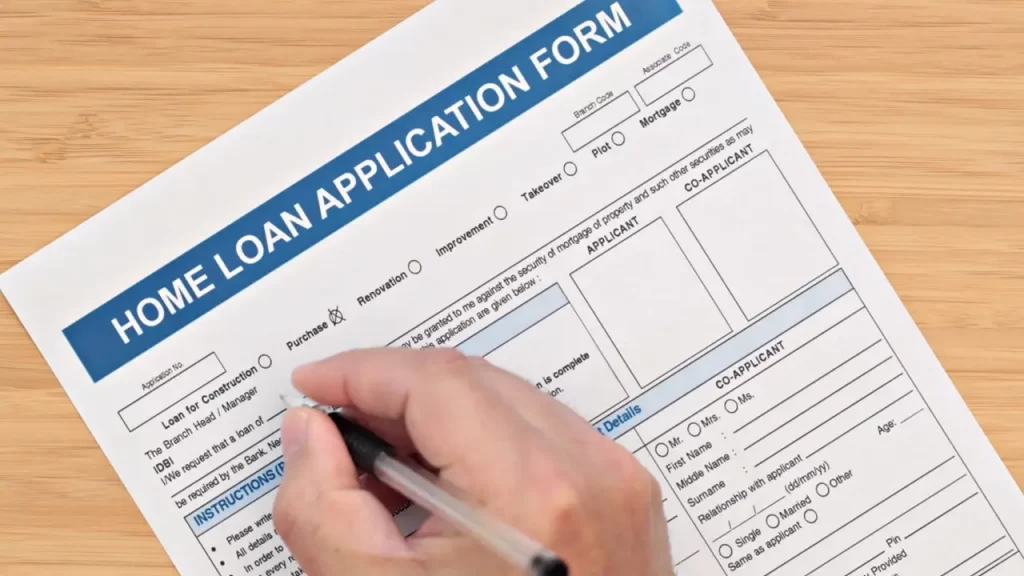Starting a business in India requires navigating through various legal compliances, including obtaining the necessary licenses and permits. The type of business license required can vary based on the industry, business activity, and location.

Types of Business Licenses
GST Registration:
For businesses with a turnover exceeding INR 40 lakhs (INR 10 lakhs for NE and hill states), GST registration is mandatory.
In India, GST (Goods and Services Tax) registration is compulsory for businesses if their annual turnover exceeds INR 40 lakhs. However, for businesses operating in the North-Eastern (NE) states and hill states, this threshold is lower at INR 10 lakhs. This is to encourage small businesses in these regions by providing a higher exemption limit before they need to register for GST.
The turnover threshold was increased from INR 20 lakhs to INR 40 lakhs for most states, and from INR 10 lakhs to INR 20 lakhs for special category states, based on the demands of MSMEs during the 32nd GST Council meeting on January 10, 2019. This means that businesses with a turnover below these limits are not required to register for GST but can do so voluntarily.
The term ‘turnover’ refers to the aggregate value of all taxable supplies, exempt supplies, exports of goods/services or both, and inter-state supplies of persons having the same PAN, to be computed on an all-India basis. It’s important to note that these thresholds are subject to change based on decisions made by the GST Council.
Would you like more details on this topic? Ask in the comment box.
Udyog Aadhaar:
Small and medium enterprises can register for Udyog Aadhaar for easier compliance and access to government schemes.
Udyog Aadhaar is a registration for micro, small, and medium enterprises (MSMEs) in India. It’s designed to facilitate easier compliance with regulatory requirements and provide access to a range of government schemes aimed at supporting these businesses.
Here are some key benefits of Udyog Aadhaar registration:
- Simplified online registration process: The process is user-friendly and can be completed online with self-certified documents, eliminating the need for certification by authorities.
- Access to government schemes: Registered businesses can avail themselves of various government schemes, including subsidies, easy loan approvals without collateral, tax exemptions, and fee waivers.
- Financial support: MSMEs can receive financial assistance for participating in foreign expos and other business activities.
- Faster dispute resolution: There are provisions for quick resolution of disputes.
- Enhanced credibility: Registration increases the credibility of the business when dealing with other businesses and financial institutions.
The registration is free of cost and provides a permanent registration number, which is recognized across India. This number can be used to access various services and concessions offered by the Government of India.
Would you like to know more about the registration process or any specific government schemes related to Udyog Aadhaar?
FSSAI License:
Businesses involved in food production or handling must obtain an FSSAI license.
The FSSAI License is a mandatory requirement for businesses involved in food production, processing, or handling in India. It ensures that food products are subject to quality checks, thereby reducing the instances of adulteration and substandard products and improving accountability of manufacturers.
Here’s an in-depth look at the FSSAI License requirements:
Turnover-based Licensing: Businesses with an annual turnover exceeding INR 12 lakhs must obtain an FSSAI License. There are two types of licenses:
- State License: For medium-sized food businesses with an annual turnover between INR 12 lakhs and INR 20 crores.
- Central License: For large food businesses with an annual turnover exceeding INR 20 crores or those involved in import/export activities.
Registration for Smaller Businesses: Food Business Operators (FBOs) with a turnover of less than INR 12 lakh per annum must obtain FSSAI basic registration.
14-Digit Registration or License Number: The FSSAI license carries a 14-digit number that must be printed on food packages or displayed in premises.
The FSSAI license is categorized based on the size and nature of the business, ensuring that the relevant standards are met. It’s crucial for consumer safety as it provides evidence of a business’s commitment to quality food standards.
Would you like to know more about how to apply for this license or specific details about the documentation required?
Import-Export Code (IEC):
Required for businesses engaged in importing or exporting goods.

The Import-Export Code (IEC) is a key business identification number that is mandatory for businesses engaged in importing or exporting goods in India. It acts as a license for the company and is issued by the Directorate General of Foreign Trade (DGFT).
Here’s an in-depth look at the IEC requirements:
- Eligibility: Any business involved in import and export must have an IEC. Individuals must be at least 18 years old and possess valid Indian identification, such as a passport or Aadhaar card.
- Mandatory for Customs Clearance: An IEC is required to clear customs when importing goods into India and is also necessary for sending shipments abroad.
- Documentation: The documents required for IEC registration typically include a PAN card, voter ID or Aadhaar card, a canceled cheque from the current bank account, and proof of premises like rent agreement or electricity bill.
The IEC is a significant number that facilitates import and export transactions and is recognized by all customs stations and DGFT. It’s not required if the provider is exempted under specific conditions set by the DGFT.
Would you like to know more about how to apply for an IEC or any specific exemptions under this requirement?
Shop and Establishment Act License:
Mandatory for all business entities, even if operating from home.

The Shop and Establishment Act License, also known as a Shops and Establishment License, is a legal document that is mandatory for all businesses, including those operating from home, in India. It is issued under the Shop and Establishment Act by the respective state government.
Here’s an in-depth look at the Shop and Establishment Act License requirements:
- Mandatory Registration: All shops and commercial establishments must apply for registration under the respective state Act before commencing operations.
- Applicability: It applies to all business entities, including home-based and online businesses, regardless of whether they have a physical storefront.
- Worker Regulation: The Act helps regulate work conditions and ensure workers’ rights are protected. It is required when an entity employs people, whether they are casual workers, full-time employees, or contract-based.
The license is valid for a specific period and must be renewed accordingly. It serves as proof of a business’s adherence to the rules and regulations set by the state government concerning working conditions, hours of operation, and other aspects of business operation.
Would you like to know more about the application process or specific provisions under this license?
Process of Obtaining Licenses

The process typically involves:
- Identifying the specific licenses required for your business.
- Filling out the necessary application forms, either online or offline.
- Submitting the required documents, such as ID proof, address proof, and business details.
- Paying the applicable fees.
Compliance and Renewal
Businesses must comply with the terms set by each license and renew them as per the stipulated timelines to avoid penalties.
Conclusion
Navigating through the licensing process is crucial for legal operation and building credibility. It’s advisable to consult with legal experts to ensure all requirements are met.
Would you like more detailed information on any specific license or aspect of business licensing in India?
Tell me about the process of obtaining an FSSAI license.
To obtain an FSSAI license in India, which is mandatory for food businesses, you need to follow these steps:
- Application Form: Fill out the FSSAI application form with precision and accuracy. This form is available on the FSSAI’s official website or through the FoSCoS (Food Safety Compliance System) portal.
- License Category: Choose the right license category based on your business size and operation.
- Documentation: Gather all necessary documents required for your specific food business category.
- Submission: Submit the application form online, along with the required documents, and pay the applicable fee.
- Inspection: Wait for inspections by FSSAI officials as part of the scrutiny process.
- Approval: If your application meets all criteria, you will receive the FSSAI license approval.
What are the penalties for non-compliance?
The penalties for non-compliance with FSSAI regulations can be severe. For instance, operating without a license can lead to imprisonment for up to six months and a fine of up to five lakh rupees. Selling food not in compliance with FSSAI standards can result in a penalty of up to five lakh rupees.
Provide examples of industry-specific licenses?
Examples of industry-specific licenses include:
- GST Registration: For businesses engaged in the supply of goods or services.
- Professional Tax Registration: Applicable in certain Indian states.
- ISO Certifications: For manufacturing entities.
- Environmental Permits: From the State Pollution Control Board for certain industries.
- Sector-Specific Licenses: Such as FSSAI for food-related businesses, CDSCO for pharmaceuticals, BIS for certain manufacturing industries, and compulsory licenses for industries like tobacco, defense aerospace, warships, hazardous chemicals, and industrial explosives.
Would you like more detailed information on any of these topics?
What documents are needed for FSSAI registration?

The documents required for FSSAI registration typically include:
- FSSAI declaration
- Photo Identity of Food Business Operator (FBO)
- Proof of possession of premises (e.g., Rental Agreement)
- Partnership Deed / Certificate of Incorporation / Articles of Association etc.
- List of food products to be dealt with
- Food safety management system plan.
How long does it take to get an FSSAI license?
The time it takes to get an FSSAI license can vary:
- Basic licenses can be acquired within 7 to 10 days.
- State and Central licenses may take 30 to 45 days on average, provided all documents are in order and the premises pass the inspection.
Tell more about food safety standards in India.
Food safety standards in India are regulated by the Food Safety and Standards Authority of India (FSSAI) under the Food Safety and Standards Act, 2006. This act sets up the formulation and enforcement of food safety standards, including regulations for the manufacture, storage, distribution, sale, and import of food products to ensure safe and wholesome food for human consumption.
For more detailed information on FSSAI registration, licensing process, and food safety standards, you can visit the official FSSAI website or consult with a legal expert in food law.
What are the benefits of GST registration?
The benefits of GST registration in India include:
- Legitimacy: It provides legal recognition to your business as a supplier of goods or services.
- Input Tax Credit: Allows you to claim input tax credit (ITC) on purchases, reducing the cost of inputs.
- Market Competitiveness: Helps in increasing competitiveness in the market by ensuring a level playing field..
- Customer Base: Registered businesses can sell across states without restrictions. Access to Wider Customer Base including government tenders.
- Government Schemes: Eligibility for various government schemes and benefits.
- Compliance: Simplifies tax compliance with a unified system across the country.
How to register for GST in India?
GST Registration Process in India:
- Visit the GST portal (gst.gov.in).
- Go to “Services” > “Registration” > “New Registration”.
- Fill in the required details in Part A and Part B of the form.
- Submit the application and receive an Application Reference Number (ARN).
- Use ARN to check the status and, within 7 days, receive GSTIN.
Tell more about NE and hill states.
About NE and Hill States: Northeast India comprises eight states known as the “Seven Sisters” (Arunachal Pradesh, Assam, Manipur, Meghalaya, Mizoram, Nagaland, Tripura) and Sikkim. These states are known for their rich cultural heritage, diverse tribes, and significant forest coverage which is essential for protecting against erosion. They are also home to various flora and fauna.
How to register for Udyog Aadhaar?
To register for Udyog Aadhaar, now known as Udyam Registration, you can follow these steps:
- Visit the official Udyam Registration Portal.
- Enter your 12-digit Aadhaar number and the name of the entrepreneur.
- Click on ‘Validate’ and ‘Generate OTP’.
- Enter the OTP received on your registered mobile number.
There is no fee for filing Udyam Registration.
What are the eligibility criteria for MSME registration?
Eligibility criteria for MSME registration in India include:
- Entities like proprietorships, partnership firms, companies, trusts, or societies with an investment below Rs. 50 crore and annual turnover below Rs. 250 crore.
- An individual is not eligible to apply for MSME registration.
Tell more about government schemes available to MSMEs.
Some government schemes available to MSMEs in India are:
- Pradhan Mantri Mudra Yojana (PMMY)
- Credit Guarantee Trust Fund for Micro & Small Enterprises (CGTSME)
- Financial Support to MSMEs in ZED Certification Scheme
- Credit Linked Capital Subsidy for Technology Upgradation (CLCSS)
- Design Clinic for Design Expertise to MSMEs
Other programs include Prime Minister’s Employment Generation Programme (PMEGP), MSME Champions Scheme, Entrepreneurship Skill Development Programme (ESDP), Micro and Small Enterprises-Cluster Development Programme (MSE-CDP), Procurement and Marketing Support Scheme (PMS), and National SC/ST Hub (NSSH).
For more detailed information on each scheme, you can visit the Ministry of Micro, Small & Medium Enterprises website or the respective scheme’s webpage.
How to apply for an Import-Export Code?
To apply for an Import-Export Code (IEC) in India, you can follow these steps:
- Visit the Directorate General of Foreign Trade (DGFT) website.
- Register as an “Importer/Exporter”.
- Fill out the application form (ANF 2A format).
- Upload the required documents, such as a copy of your PAN card and proof of address.
- Pay the application fee.
- Submit the application and wait for the IEC certificate to be generated.
What are the benefits of having an IEC?
The benefits of having an IEC include:
- Legal compliance for international trade.
- Access to government benefits and subsidies.
- Streamlined customs clearances.
- Enhanced credibility in the international market.
Tell more about customs clearance procedures in India.
Customs clearance procedures in India typically involve:
- Preparing and submitting essential documents like the Bill of Entry and Commercial Invoice.
- Assessment of customs duties and taxes.
- Physical examination and sampling of goods, if necessary.
- Payment of customs duties and taxes.
- Obtaining customs release for the goods.
For more detailed information, you can refer to resources provided by DGFT or consult with a customs broker or freight forwarder who specializes in Indian import/export regulations.
Would you like to know anything else about IEC or customs procedures?
How to apply for a Shop and Establishment License?
To apply for a Shop and Establishment License in India, you typically need to:
- Fill out the application form for registration under the Shop and Establishment Act.
- Upload the required documents, such as PAN card and proof of address.
- Pay the prescribed fees, which vary from state to state.
- Once approved, the registration certificate will be issued online.
What are the benefits of having this license?
The benefits of having this license include:
- Legal recognition for your establishment.
- Acts as business proof for further registrations.
- Helps in opening bank accounts and other formalities.
- Provides a platform for raising new investment.
- Avails government benefits.
Tell more about worker rights under this Act.
Worker rights under this Act cover:
- Regulation of wages, working hours, holidays, earned leaves.
- Provisions for child labour, women’s rights.
- Rules for employment of children, annual leave, maternity leave, sickness and casual leave.
For more detailed information on applying for a Shop and Establishment License or worker rights under this Act, you can refer to resources provided by legal experts or consult with a professional who specializes in Indian business regulations.
Would you like to know more about any specific aspect of the Shop and Establishment Act?































I’m curjous tto find oout what blog systtem yoou happen to be working with?
I’m experiencfing some small security iissues with my latest bloog aand I’d lkke tto fijnd something morre
safe.Do you have any solutions?
so much wonderful information on here, : D.
WONDERFUL Post.thanks for share..extra wait .. …
You are a very smart person!
It?¦s really a cool and helpful piece of info. I?¦m happy that you just shared this useful information with us. Please keep us up to date like this. Thank you for sharing.